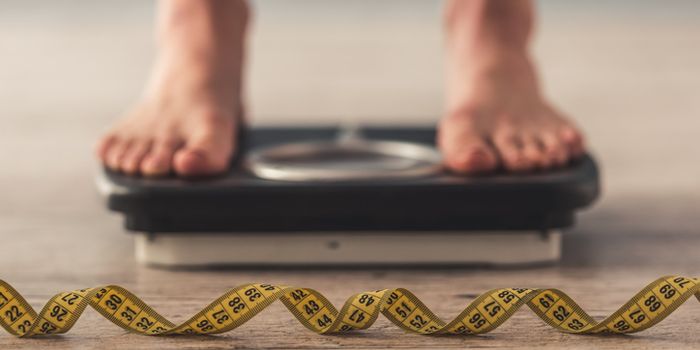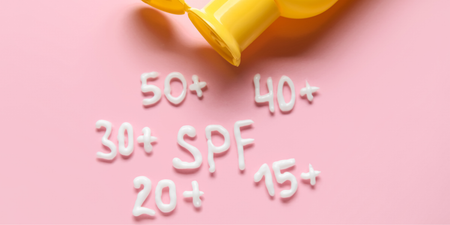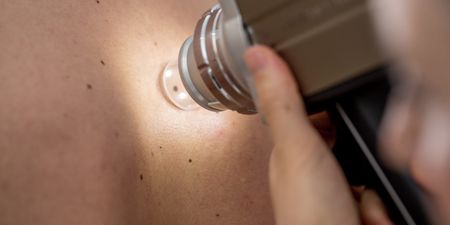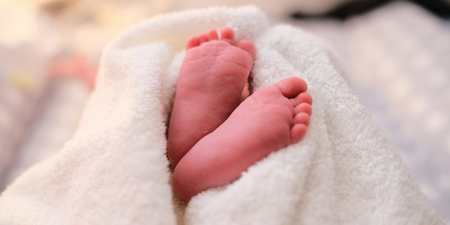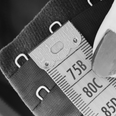Let’s set the record straight on weight loss
Diets can be difficult to adhere to due to the latest trends and crazes often distorting the facts. To lose weight more effectively, you need a combination of willpower, persistence, hard work – and a sustainable plan.
Here are nine of the worst weight loss myths debunked by Steve Ahern, a personal trainer with MuscleFood.com.
1) ‘Low-fat’ or ‘reduced fat’ foods are always the healthiest choices
“If a food is labelled as ‘low-fat’, it should contain less fat than the full-fat version – but that doesn’t mean it’s automatically a healthy choice.
“These foods have to contain no more than a specific amount of fat to legally be allowed to use that label, but you should check the label anyway. Some low-fat foods may actually contain higher levels of sugar, for example.”
2) Slimming pills are a route to success
“While your GP can prescribe some medication for weight management, there are hundreds of other unlicensed products around. These may contain ingredients that are harmful to your health.
“Also, while weight loss aids might help you lose weight fast, they are not a good option for keeping the pounds off long-term. As soon as you stop taking the pills you will likely pile all the weight back on again.”
3) Some foods can speed up (or slow down) your metabolism
“It is claimed that certain foods and drinks can aid weight loss by increasing your metabolism and burning more calories – but there is actually little scientific evidence for this.”
4) Skipping meals will help you lose weight
“To lose weight and keep it off, you have to reduce the amount of calories you consume and increase the calories you burn.
“However, skipping meals altogether can result in tiredness and missing out on essential nutrients. It could also lead you to snack more.”
5) Carbs make you fat
“Although low-carb diets can help with weight loss, this does not mean that carbs cause weight gain and we should completely steer clear of them.
“Refined carbs (like refined grains and sugar) are definitely linked to weight gain, but whole, single ingredient foods that are high in carbs are actually very good for you.”
6) A detox is needed
“Detox diets restrict certain food groups and can sometimes deprive the body of adequate calories and nutrition for a period of time.
“Actually, detox diets are notorious for causing weight gain. When the body feels deprived and then foods are reintroduced, our bodies will regain more weight by preparing for another starvation or restriction.”
7) All calories are equal
“There are high-quality calories (ones that come with nutrients and fibre, for example) and low-quality ones, which means that what you eat is just as important as how much you eat.
“So no, you can’t have two chocolate bars for lunch just because they’re under 600 calories.”
8) You can’t enjoy alcohol
“Alcohol contains hundreds of hidden calories, so many weight loss plans recommend that people really cut back on the booze if they want to ditch the pounds.
“Whilst heavy drinking has been linked to weight gain, light amounts don’t quite have the same effect. It’s worth keeping in mind that people can react differently to the same foods. For some people, the odd glass of wine won’t have a big effect, but for others it might – so everything in moderation.”
9) Entire cheat days are fine
“When you’ve been following a strict diet plan, you may find yourself slipping up every now and again. This is completely normal, and rewarding yourself with your favourite meal is actually encouraged from time to time.
“However, entire days dedicated to gorging on all the food you’ve been avoiding can stall your weight loss. Instead of scheduling cheat days, stick with cheat meals or small treats that don’t derail the progress you’ve made.”
